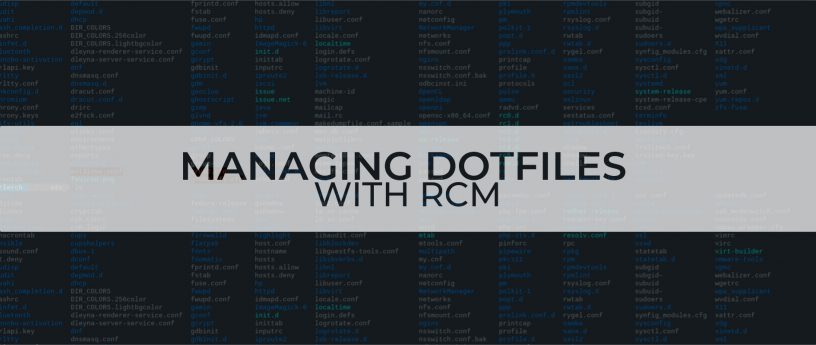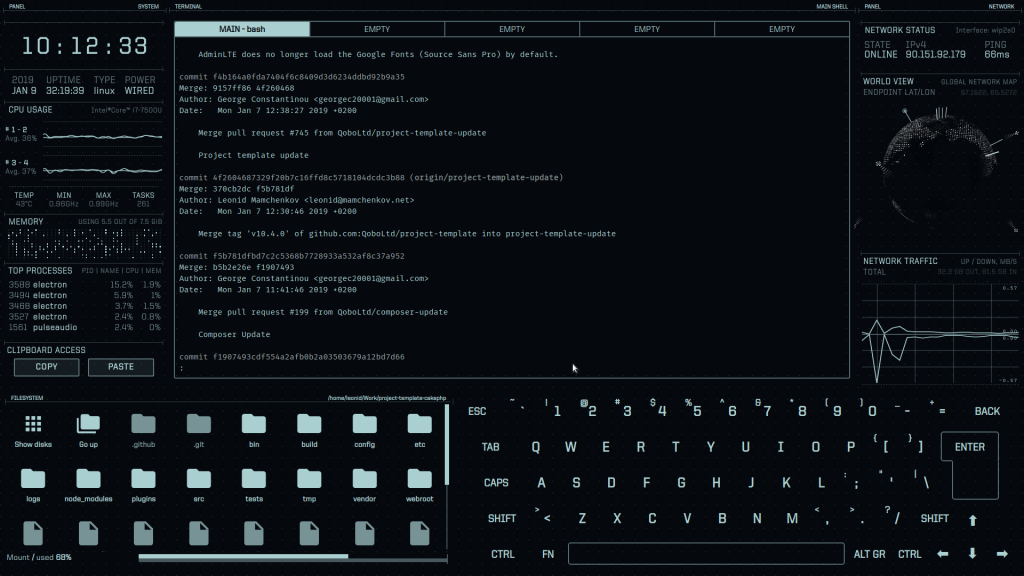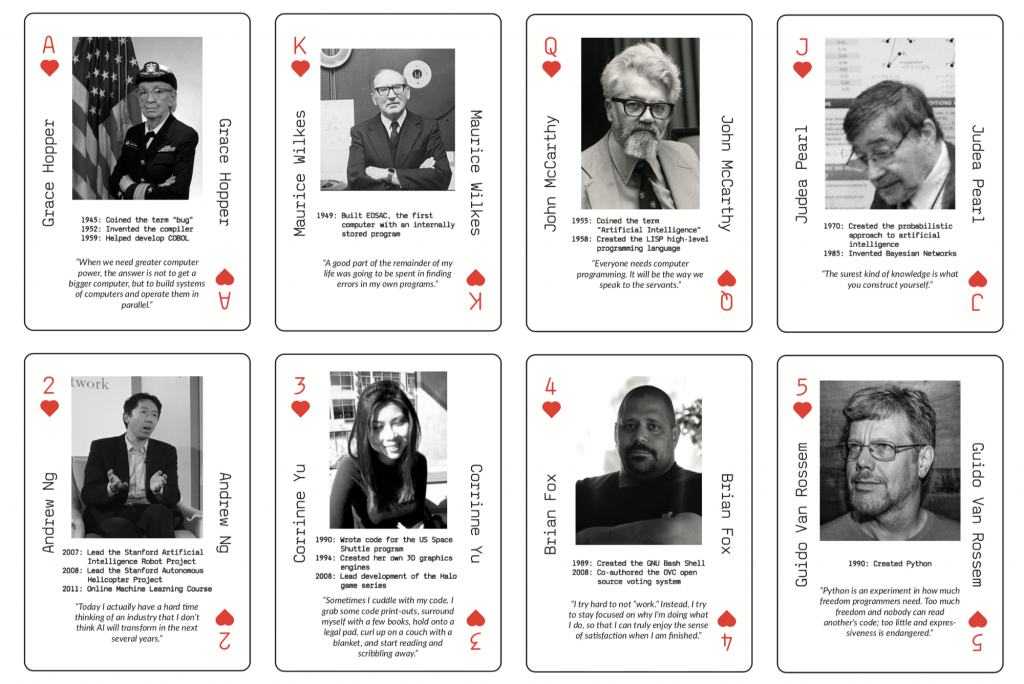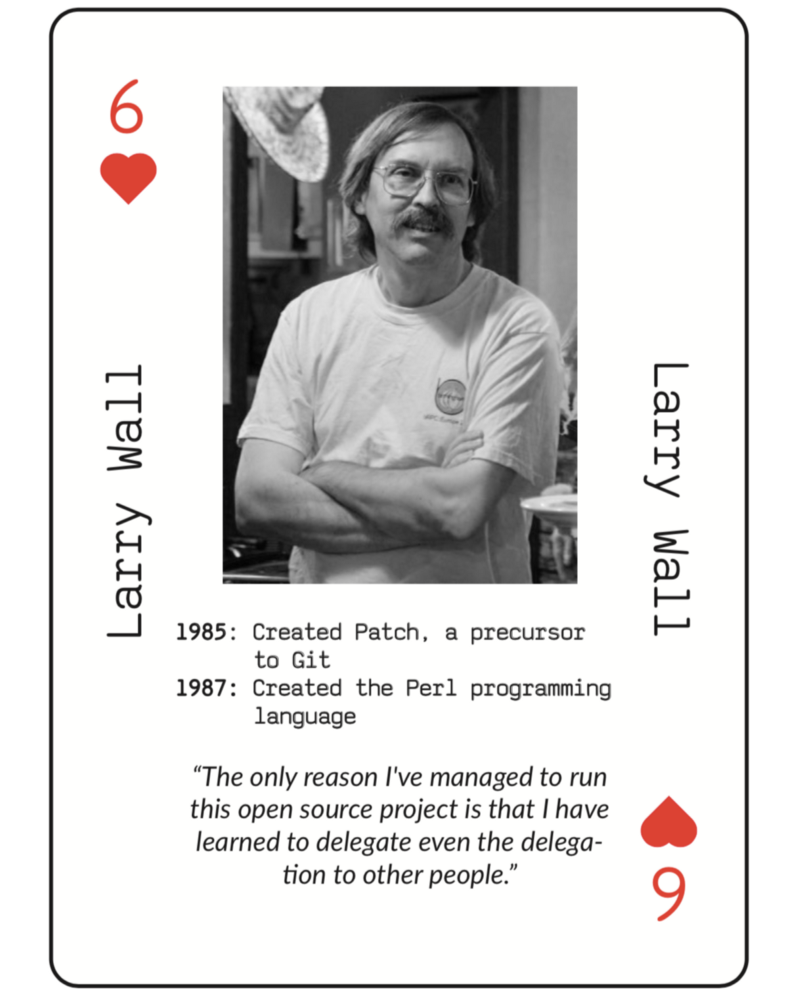
These days it is a common practices to manage, version, and share configuration files for command line tools (bash, vim, etc) via a GitHub repository. There are plenty of open repositories to study and borrow things from, as well as the tools and scripts to help one with setting things up. Have a look at the awesome-dotfiles – a curated list of dotfiles resources.
Fedora Magazine runs an article about rcm – one of the many tools that are handy for managing dotfiles.
Personally, I haven’t heard of rcm until now. My own setup went through several iterations, varying from custom scripts, to Puppet, and now to Ansible. Have a look here. By the way, my dotfiles aren’t only about the command line tools. I also keep my desktop environment configuration in there (MATE + i3).


